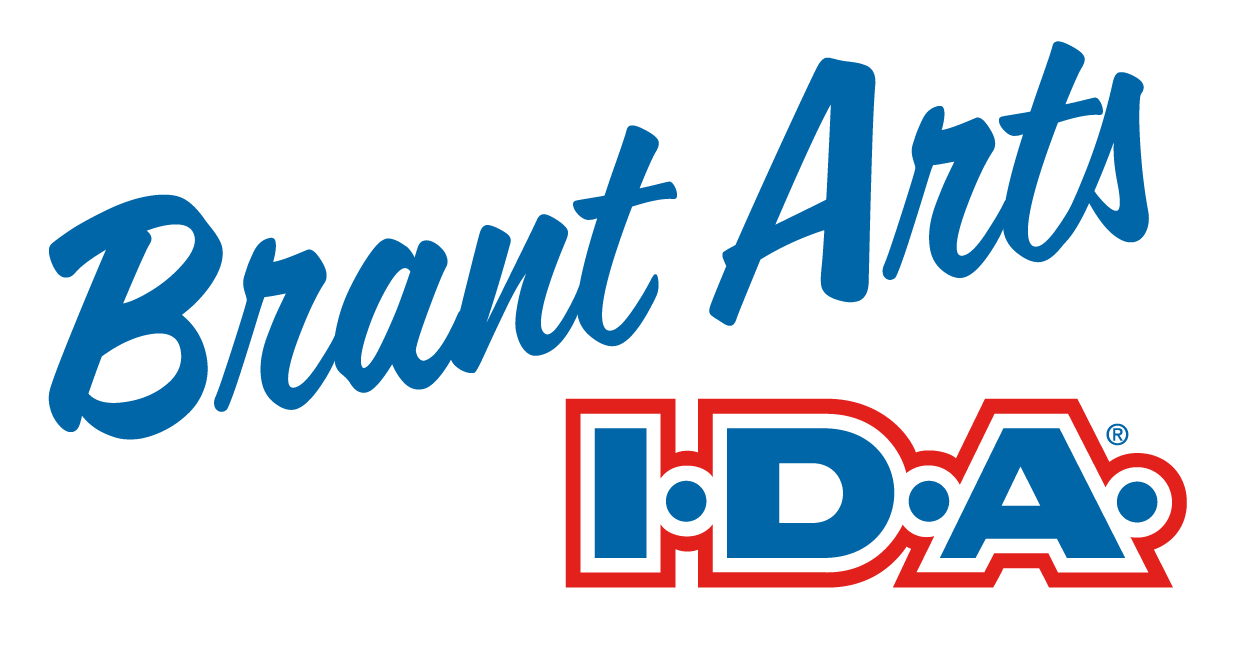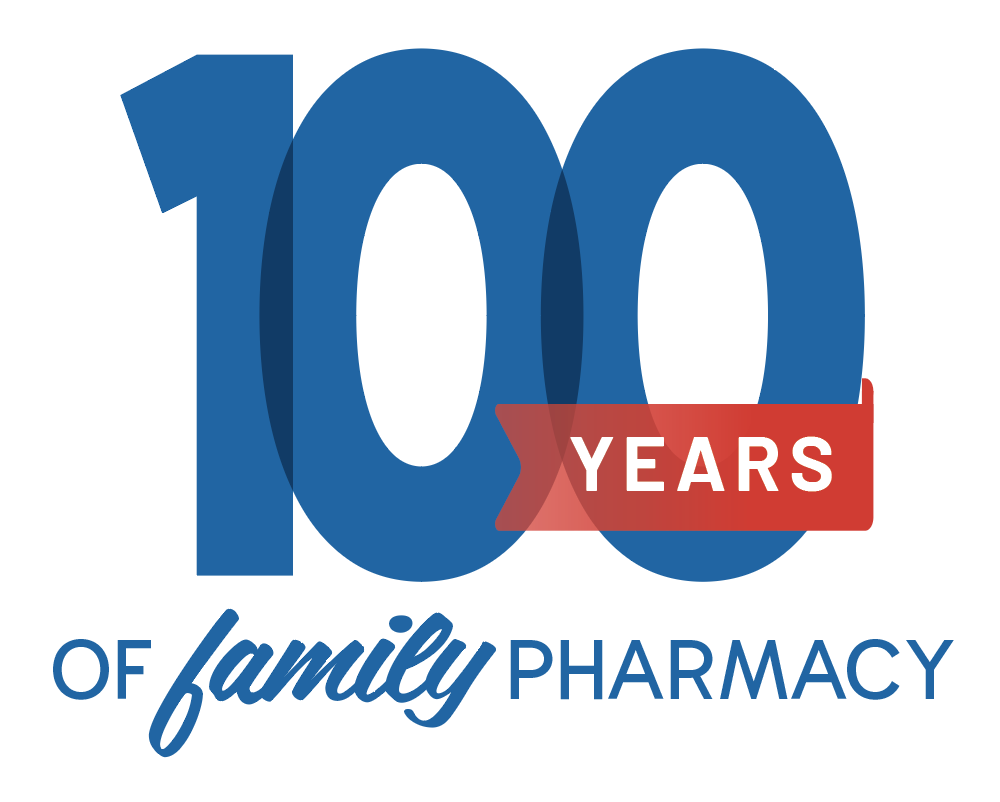Blog
During pregnancy, eating a healthy, varied diet is especially important because it will help you to get all the vitamins and minerals you need. There’s no magic formula for a healthy pregnancy diet. In fact, during pregnancy, the basic principles of healthy eating remain the same by getting plenty of fruits, vegetables, whole grains, lean protein and healthy fats. However, a few nutrients in a pregnancy diet deserve special attention.
While it’s best to get vitamins and minerals from the food you eat, you will need to take some supplements as well. You can choose from over the counter at pharmacies and vitamin shops, or your doctor may prescribe them for you; however, one word of caution. If you’re going to take folic acid or vitamin D from a multivitamin tablet, make sure that it does not contain vitamin A.
Here is a list of some of the most critical supplements during pregnancy.
Iron (Prevent iron deficiency anemia)
Your body uses iron to make hemoglobin, a protein in the red blood cells that carries oxygen to your tissues. During pregnancy, you need double the amount of iron that non-pregnant women need. Your body needs this iron to make more blood to supply oxygen to your baby.
If you don’t have enough iron stores or get enough iron during pregnancy, you could develop iron deficiency anemia. You might become fatigued. Severe iron deficiency anemia during pregnancy also increases your risk of premature birth, having a low birth weight baby and postpartum depression.
- How much you need: 27 milligrams a day
- Good sources: Lean red meat, poultry and fish are good sources of iron. Other options include iron-fortified breakfast cereals, beans and vegetables.
Folate and folic acid (Prevent birth defects)
Folate is a B vitamin that helps prevent neural tube defects, serious abnormalities of the brain and spinal cord. The synthetic form of folate found in supplements and fortified foods is known as folic acid. Folic acid supplementation has been shown to decrease the risk of premature birth.
- How much you need: 400 to 800 micrograms a day of folate or folic acid before conception and throughout pregnancy
- Good sources: Fortified cereals are excellent sources of folic acid. Leafy green vegetables, citrus fruits, and dried beans and peas are good sources of naturally occurring folate.
Protein (Promote growth)
Protein is crucial for your baby’s growth throughout pregnancy.
- How much you need: 71 grams a day
- Good sources: Lean meat, poultry, fish and eggs are excellent sources of protein. Other options include beans and peas, nuts, seeds and soy products.
Calcium (Strengthen bones)
You and your baby need calcium for strong bones and teeth. Calcium also helps your circulatory, muscular and nervous systems run normally.
- How much you need: 1,000 milligrams a day; pregnant teenagers need 1,300 milligrams a day
- Good sources: Dairy products are the best-absorbed sources of calcium. Non-dairy sources include broccoli and kale. Many fruit juices and breakfast cereals are fortified with calcium, too.
Vitamin D (Also helps build your baby’s bones and teeth)
- How much you need: 600 international units (IU) a day
- Good sources: Fatty fish, such as salmon, is an excellent source of vitamin D. Other options include fortified milk and orange juice.
The bottom line
Your body goes through numerous physical and hormonal changes during pregnancy. The way you nourish your body during this time will affect your health and your baby’s. You must eat a healthful, balanced diet to help ensure you stay healthy throughout your pregnancy. The food you eat is your baby’s primary source of nourishment, so it’s critical to consume foods that are rich in nutrients. Proper nutrition can help promote your baby’s growth and development.

